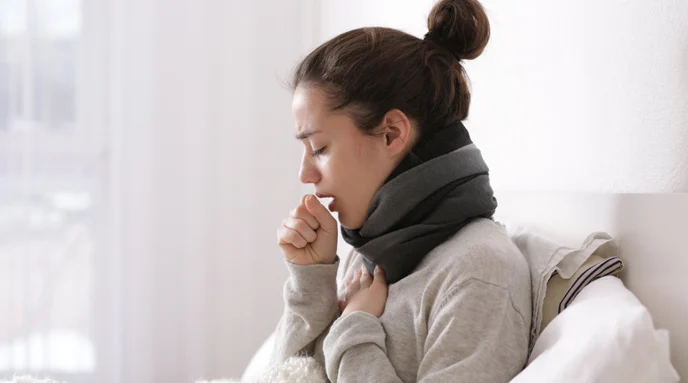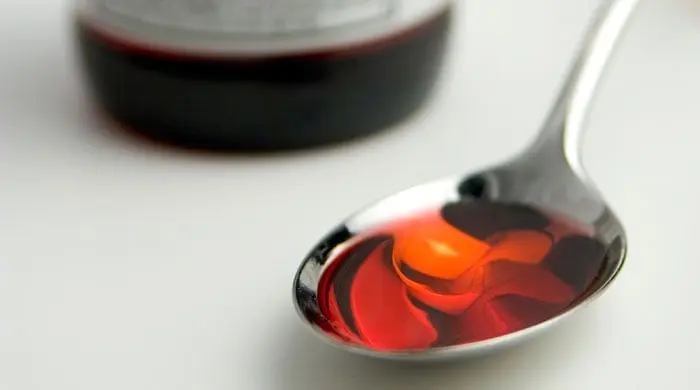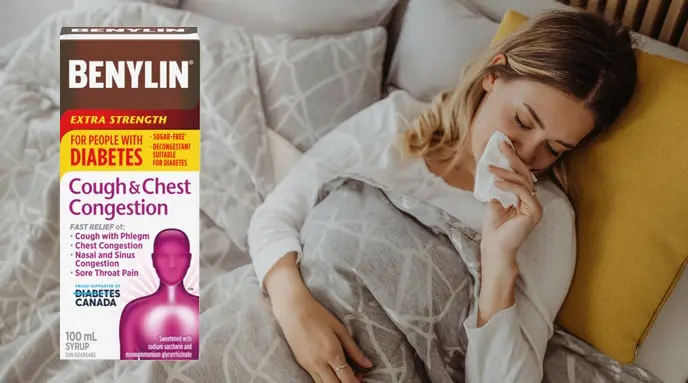Cough, Cold & Flu Articles

Benefits of Ivy Leaf Extract for Cough

Learn About Dry Cough: Causes, Symptoms, Home Remedies, and Tips

Mucus & Phlegm 101

5 Common Cough Types

What is a Chest Cold

Get Relief Responsibly®

How to Treat a Cold with Diabetes

Understanding And Getting Rid Of Chest Congestion

Signs & Symptoms of a Sore Throat
